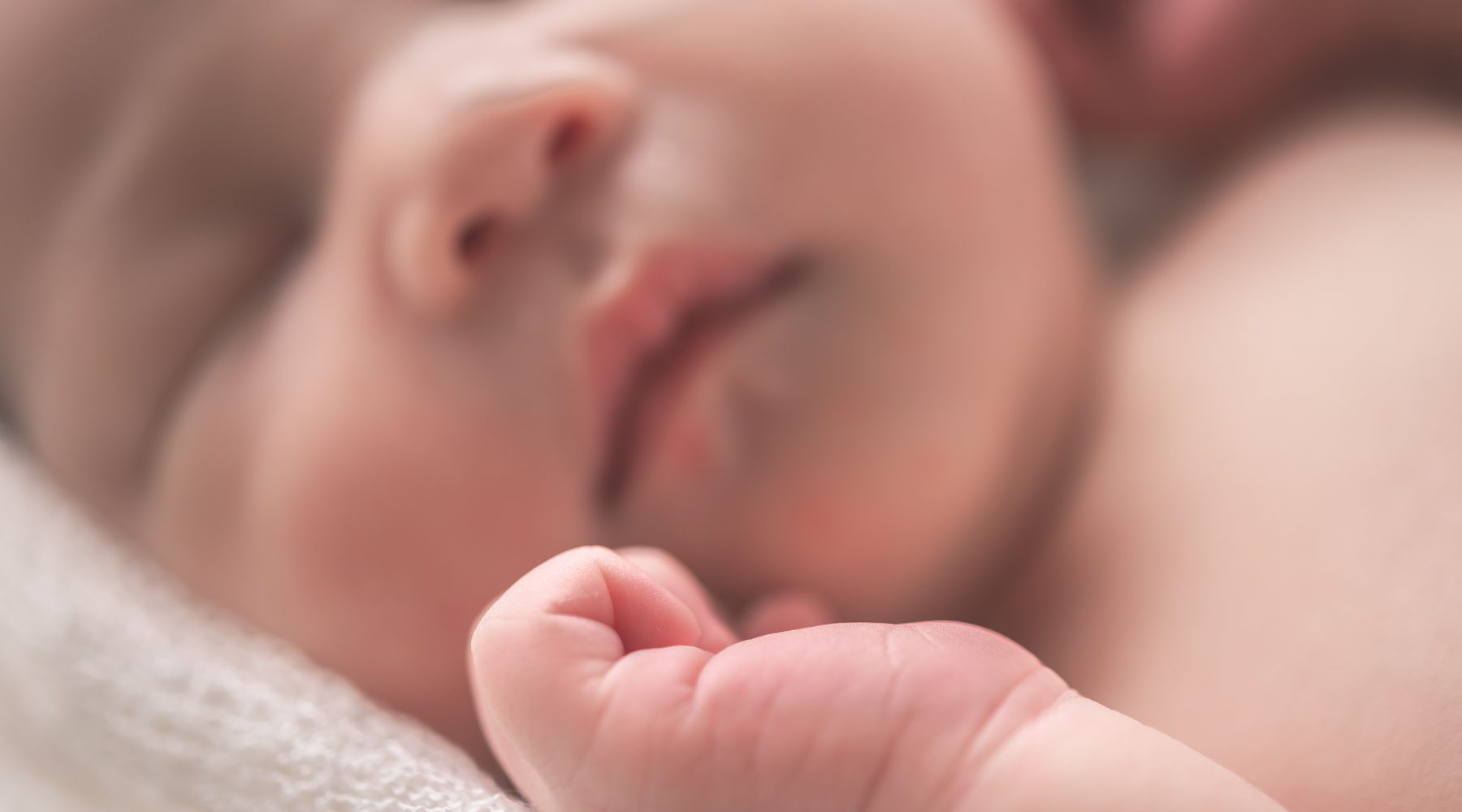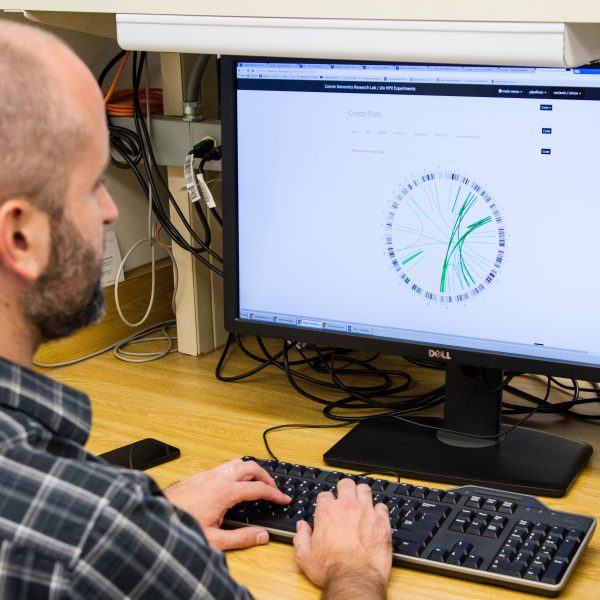Infant temperament is a powerful predictor of personality more than 20 years later

All babies enter the world with a behavioural style that determines how they react to situations, and express and regulate their emotions. A unique combination of activity level, adaptability, sensitivity and mood, temperaments and the way in which they are responded to can often determine the way in which a baby and a family, or a baby and a broader community environment, fit together.
While investigating how temperament shapes adult life outcomes, researchers have found that behavioural inhibition – the tendency to experience distress and to withdraw from unfamiliar situations, people, or environments – in infancy predicts a more reserved, introverted personality at age 26.
During infancy, temperament serves as the foundation of later personality. Behavioural inhibition (BI), is characterised by cautious, fearful, and avoidant behaviour toward unfamiliar people, objects, and situations. BI has been found to be relatively stable across toddlerhood and childhood, and children with BI have been found to be at greater risk for developing social withdrawal and anxiety disorders than children without BI.
The study, which was recently published in Proceedings of the National Academy of Sciences, provides robust evidence of the impact of infant temperament on adult outcomes.
Speaking about the findings, Dr Daniel Pine, one of the authors, said that while many studies exist which link early childhood behavior to risk for psychopathology, the findings in this study are unique.
“This is because our study assessed temperament very early in life, linking it with outcomes occurring more than 20 years later through individual differences in neural processes,” he added.
The current study recruited participants at four months of age and characterised them for BI at 14 months of age (almost two years earlier than the previously published longitudinal studies). Researchers also created a point of difference by including a neurophysiological measure to try to identify individual differences in risk for later psychopathology.
Infants were assessed for BI at 14 months of age, returning to the lab at age 15 years to provide neurophysiological data, returning again at 26 years of age for assessments of psychopathology, personality, social functioning, and education and employment outcomes.
“It is amazing that we have been able to keep in touch with this group of people over so many years. First their parents, and now they, continue to be interested and involved in the work,” said fellow author Dr Nathan Fox.
The researchers found that BI at 14 months of age predicted, at age 26, a more reserved personality, fewer romantic relationships in the past 10 years, and lower social functioning with friends and family.
This study highlights the enduring nature of early temperament on adult outcomes and suggests that neurophysiological markers may help identify individuals most at risk for developing internalizing psychopathology in adulthood, authors said.
“We have studied the biology of behavioural inhibition over time and it is clear that it has a profound effect influencing developmental outcome,” concluded Dr Fox.
Although this study replicates and extends past research in this area, future work with larger and more diverse samples are needed to understand the generalisability of these findings.
To read the study in full, please see here.
Popular

Practice
Provider
Quality
Research
Workforce
New activity booklet supports everyday conversations to keep children safe
2025-07-10 09:00:16
by Fiona Alston

Quality
Practice
Provider
Workforce
Reclaiming Joy: Why connection, curiosity and care still matter in early childhood education
2025-07-09 10:00:07
by Fiona Alston

Policy
Practice
Provider
Quality
Research
Workforce
Beyond the headlines: celebrating educators and the power of positive relationships in early learning
2025-07-07 10:00:24
by Fiona Alston













